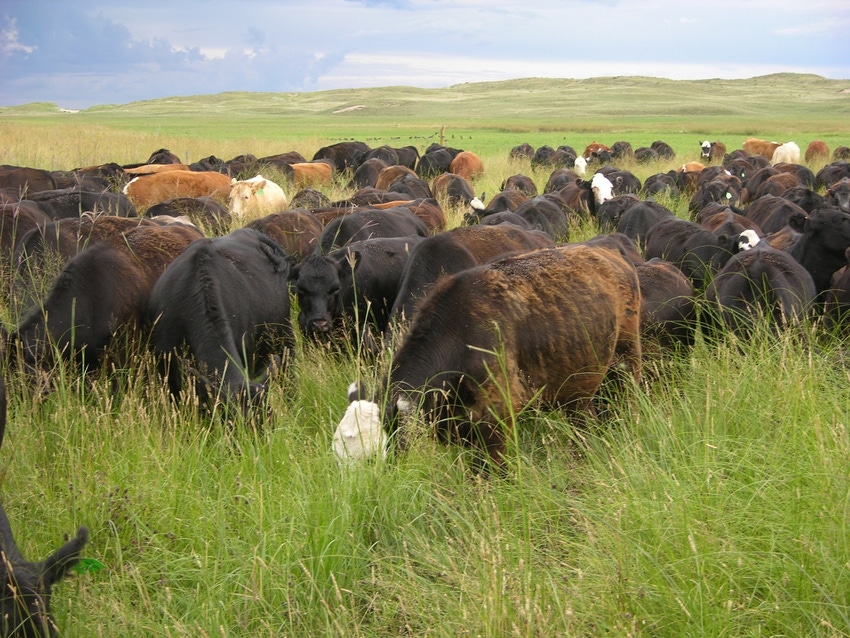
Just the other day I saw a social media post with someone asking about the definition of regenerative grazing. This actually is a vital question.
The basic answer is actually simple: If you are managing to create higher organic matter in your soil, it's regenerative.
That's because the long history of agriculture is a story of mining the soil nutrients, death of the soil, and ultimately loss of the soil. Of course it's worse with tillage farming, but it happens with pasture, as well. To regenerate and repair this degradation is the goal of all regenerative agriculture.
We have written a great deal about regenerative management here at Beef Producer over the years, and will continue to do so. If you're wondering why, then you've likely missed some of the stories showing regenerative management is actually more profitable.
Holistic management should lead us toward this type of thinking. R.P. Cooke's "natural model" should lead us in this direction. It should be in our management philosophy and our goals to create a healthier environment on our farms and ranches that offers greater production with lower inputs and therefore higher profits. This is the essence of regenerative agriculture.
Just remember the root of the term is to "regenerate" the land. The watermark is increasing organic matter, soil carbon and soil life. The trend must be up for these things or it is not regenerative.
The fact people are talking about the term regenerative agriculture should serve as an early warning, however. As soon as a terminology makes it into the American lexicon, it essentially will become meaningless.
The word "sustainable" serves as a great example. Originally it meant all the parts were in place to help a ranch or farm stay in business and pass from generation to generation. Now it has been hijacked by the so-called environmental movement, by government agencies and now by corporations. Beware! Sustainability is now being organized as a set of requirements for you to obey in order to do business. Already I see signs the same will happen to the term regenerative.
Personally, I poo-poo all such official narratives. We should be duly suspicious when the ignorant begin parroting our language, then packaging it and selling it. Perversion will follow.
Think about what you are saying and thinking, and especially think about the language you hear from others. Some is good. Some is not. I like to hold close the quips of wisdom from people who know what they are talking about.
For example, I like what North Dakota soil health specialist Jay Fuhrer says about sustainability: "Why would I want to sustain a degraded resource?
Walt Davis, our wonderful blogger and columnist, said many years about that our primary goal in agriculture should be "to promote life so we can skim the excess off the top." That gets to the core of regenerative agriculture.
About the Author(s)
You May Also Like




